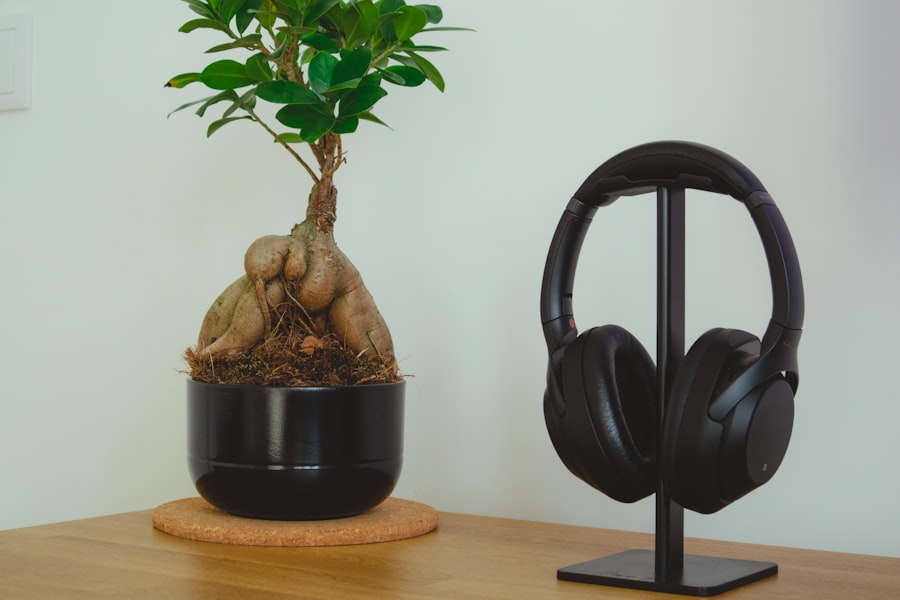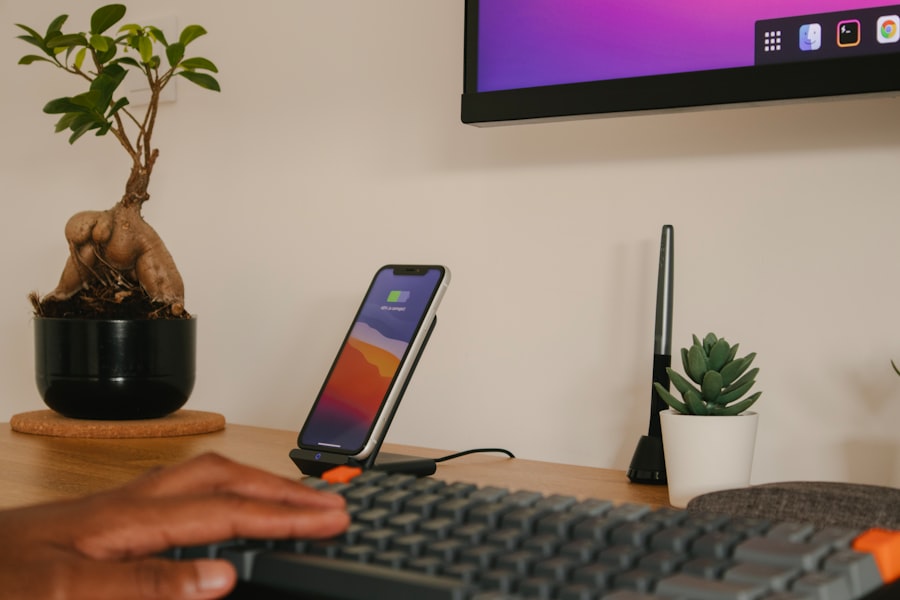Work-life balance is a critical aspect of maintaining overall well-being and happiness. It refers to the equilibrium between time and effort dedicated to professional responsibilities and personal life. Achieving a healthy work-life balance is essential for reducing stress, preventing burnout, and improving both mental and physical health.
Individuals who successfully balance their work and personal lives are more likely to experience fulfillment and satisfaction across all aspects of their existence. A well-maintained work-life balance can lead to increased productivity and job satisfaction. Employees who feel supported in their personal lives tend to be more engaged and focused at work, resulting in higher levels of creativity, innovation, and overall job performance.
Moreover, a healthy work-life balance can contribute to stronger relationships with family and friends, as well as provide increased opportunities for personal growth and development. Employers who prioritize work-life balance often implement policies such as flexible working hours, remote work options, and generous paid time off. These initiatives can lead to improved employee retention, reduced absenteeism, and a more positive workplace culture.
Additionally, individuals who maintain a good work-life balance are better equipped to handle stress, make informed decisions, and adapt to changing circumstances in both their professional and personal lives.
Key Takeaways
- Work-life balance is crucial for overall well-being and productivity
- Prioritize tasks and set boundaries to avoid burnout and overwhelm
- Time management techniques such as prioritizing, scheduling, and batching can help increase efficiency
- Utilize support systems such as family, friends, and colleagues to share responsibilities and reduce stress
- Self-care and stress management are essential for maintaining mental and physical health during busy periods
- Flexibility and adaptability are key in managing unexpected changes and challenges
- Reflect on past experiences and adjust strategies for future busy periods to improve work-life balance
Prioritizing Tasks and Setting Boundaries
Prioritizing Tasks
Identifying the most important and urgent tasks at work and at home is essential. By allocating time and resources accordingly, individuals can ensure they are focusing on critical activities, reducing stress and feelings of being overwhelmed.
Setting Boundaries
Establishing clear guidelines for when work begins and ends is vital. Creating boundaries around personal time and activities helps protect personal time and prevents work from encroaching on personal lives.
The Benefits of a Healthy Work-Life Balance
By prioritizing tasks and setting boundaries, individuals can reduce stress and prevent burnout. This allows for more meaningful and fulfilling personal experiences, leading to a better overall quality of life.
Time Management Techniques

Effective time management is essential for achieving a healthy work-life balance. There are several techniques that individuals can use to better manage their time and increase productivity. One technique is to create a daily or weekly schedule that outlines specific tasks and activities, allowing for better organization and planning.
Another technique is to prioritize tasks based on their importance and urgency, which can help individuals focus on the most critical activities first. Additionally, individuals can benefit from using time management tools such as calendars, to-do lists, and time tracking apps to help them stay organized and on track. These tools can help individuals better manage their time, set realistic goals, and track their progress.
By implementing effective time management techniques, individuals can reduce stress, increase productivity, and create more time for personal activities and relaxation.
Utilizing Support Systems
Utilizing support systems is another important aspect of achieving a healthy work-life balance. This can include seeking support from colleagues, friends, family members, or professional networks. By building a strong support system, individuals can receive assistance with work-related tasks, as well as emotional support during challenging times.
This can help reduce stress and prevent feelings of isolation or overwhelm. Additionally, individuals can benefit from seeking out resources such as employee assistance programs, counseling services, or mentorship opportunities. These resources can provide valuable support and guidance for managing work-related stress and challenges.
By utilizing support systems, individuals can feel more empowered to navigate the demands of work and personal life, while also fostering a sense of community and connection.
Self-Care and Stress Management
Self-care and stress management are essential components of achieving a healthy work-life balance. It is important for individuals to prioritize self-care activities such as exercise, relaxation, hobbies, and socializing in order to maintain overall well-being. Engaging in self-care activities can help reduce stress, improve mood, and increase energy levels, which can have a positive impact on both work and personal life.
In addition to self-care activities, individuals can benefit from practicing stress management techniques such as mindfulness, meditation, deep breathing exercises, and time in nature. These techniques can help individuals better cope with stress and anxiety, while also promoting a sense of calm and relaxation. By prioritizing self-care and stress management, individuals can improve their overall quality of life and better manage the demands of work and personal responsibilities.
Flexibility and Adaptability

Adapting to Change in the Workplace
Flexibility and adaptability are essential skills for maintaining a healthy work-life balance. In today’s fast-paced and ever-changing work environment, it is crucial for individuals to be able to adapt to new challenges and changes. This may involve being open to new ways of working, adjusting priorities as needed, or being willing to take on new responsibilities.
Flexible Work Arrangements
Furthermore, being flexible in terms of scheduling and work arrangements can also contribute to a healthier work-life balance. This may involve negotiating flexible work hours, remote work options, or alternative scheduling arrangements in order to better accommodate personal responsibilities.
Navigating Work and Personal Demands
By being flexible and adaptable, individuals can better navigate the demands of work and personal life, while also being more resilient in the face of change. This enables them to strike a better balance between their professional and personal lives, leading to improved overall well-being.
Reflecting and Adjusting for Future Busy Periods
Finally, it is important for individuals to reflect on their experiences and make adjustments as needed in order to prepare for future busy periods. This may involve evaluating what worked well in terms of managing work-life balance, as well as identifying areas for improvement. By reflecting on past experiences, individuals can gain valuable insights that can inform their approach to managing future busy periods.
Additionally, individuals can benefit from proactively planning for future busy periods by setting realistic expectations, communicating needs with colleagues or supervisors, and seeking out additional support as needed. By taking a proactive approach to managing future busy periods, individuals can better prepare themselves for the demands of work while also ensuring that they are able to maintain a healthy work-life balance. In conclusion, achieving a healthy work-life balance is essential for overall well-being and happiness.
By prioritizing tasks, setting boundaries, utilizing time management techniques, seeking support systems, prioritizing self-care and stress management, being flexible and adaptable, and reflecting on past experiences in order to prepare for future busy periods, individuals can better navigate the demands of work and personal life while maintaining a sense of fulfillment and satisfaction.
If you’re looking to improve your workplace communication for better collaboration, you may find this article on Improving Workplace Communication for Better Collaboration helpful. Effective communication is essential for managing work-life balance during busy periods, as it can help you delegate tasks, set realistic expectations, and maintain a healthy work environment.
FAQs
What is work-life balance?
Work-life balance refers to the equilibrium between the time and effort spent on work and personal life. It involves managing responsibilities at work and at home in a way that does not negatively impact either area.
Why is work-life balance important?
Maintaining a healthy work-life balance is important for overall well-being, reducing stress, preventing burnout, and improving productivity and job satisfaction.
What are some strategies for managing work-life balance during busy periods?
Some strategies for managing work-life balance during busy periods include prioritizing tasks, setting boundaries, delegating when possible, taking breaks, and seeking support from colleagues or family members.
How can technology help with work-life balance?
Technology can help with work-life balance by allowing for flexible work arrangements, remote work options, and tools for time management and communication. However, it’s important to set boundaries and not let technology blur the lines between work and personal life.
What are the potential consequences of not maintaining a healthy work-life balance?
Not maintaining a healthy work-life balance can lead to increased stress, burnout, decreased job satisfaction, strained relationships, and negative impacts on physical and mental health.



